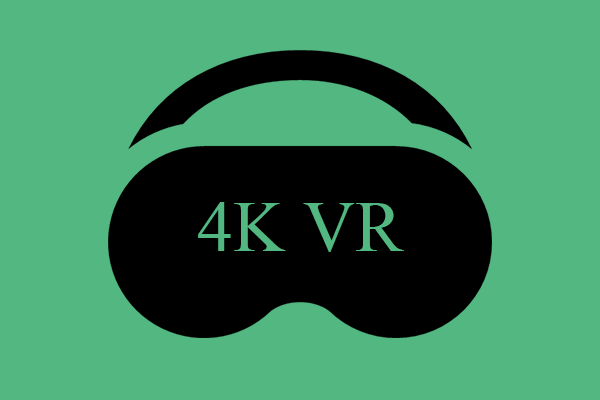This article published by the best free video converter – MiniTool Video Converter mainly introduces the definition, application, tools, techniques, evolution, and prospects of 3D video conversion.
The evolution of technology has not only changed the way we perceive visual content but has also provided us with innovative tools to transform our viewing experiences. One of the most captivating advancements in this realm is the conversion of 2D videos into immersive 3D content. Whether it’s for personal entertainment, professional projects, or experimental purposes, the conversion from two-dimensional to three-dimensional visuals has garnered immense attention, prompting the development of various tools and techniques to achieve this transformation.
Understanding 2D to 3D Video Conversion
The process of converting 2D to 3D videos involves sophisticated algorithms and software that manipulate the depth perception within the frames. This transformation aims to simulate depth perception and create a stereoscopic effect, allowing viewers to perceive a sense of depth and dimensionality in the content.
Diverse 2D to 3D Video Converters
Numerous software applications cater to this demand, offering functionalities ranging from basic conversion to advanced editing and manipulation. Some popular tools include:
1. Mac 3D Video Converter
Specifically designed for Mac users, those converters are tailored to integrate seamlessly with the macOS ecosystem, providing an intuitive interface and efficient conversion capabilities.
2. 2D to 3D Converters Online Free
Accessible and user-friendly, the web-based platforms offer convenience without the need for installation. Users can upload their videos and convert them to 3D without the hassle of downloading software.
3. SBS 3D Video Converter
Side-by-Side (SBS) converters facilitate the creation of content compatible with 3D TVs and displays, utilizing the side-by-side format to deliver an immersive viewing experience.
4. VR Conversion Tools
With the rising popularity of Virtual Reality (VR), converters specializing in transforming 2D videos into formats suitable for VR headsets have gained traction, enabling users to enjoy immersive VR content.
Also read: 6 Best 3D Video Makers You Must Know
Techniques and Applications
The conversion process involves various techniques, including depth mapping, frame interpolation, and disparity adjustment. While those tools and techniques offer significant advancements, it’s essential to note that the quality of the converted content can vary based on the original video quality, software capabilities, and user expertise.
The Evolution and Future Prospects
The realm of 3D video conversion continues to evolve, with ongoing advancements in technology, AI integration, and machine learning algorithms aimed at enhancing the conversion accuracy and overall quality of the output.
From converting videos for entertainment purposes to applications in industries like filmmaking, architecture, education, and even 3D printing, the applications of 2D to 3D conversion are vast and diverse.
Conclusion
The journey from a two-dimensional video to an immersive three-dimensional experience involves an array of tools, techniques, and applications. As technology progresses, the ability to convert, manipulate, and enjoy 3D content will continue to expand, promising enhanced experiences across various domains and industries.
Whether for personal fascination or professional endeavors, the realm of 3D video conversion opens doors to a world where imagination meets innovation, offering captivating visual experiences beyond the confines of traditional viewing.
In conclusion, the realm of 3D video conversion is continually evolving, offering a plethora of tools, techniques, and applications for users to explore and redefine their visual experiences.
Related article: 4 Free 3D Animation Software You Must Have
You May Also Like


![Top 3 Best 3D File Converters [Reliable]](https://images.minitool.com/videoconvert.minitool.com/images/uploads/2020/10/3d-file-converter-thumbnail.png)

User Comments :